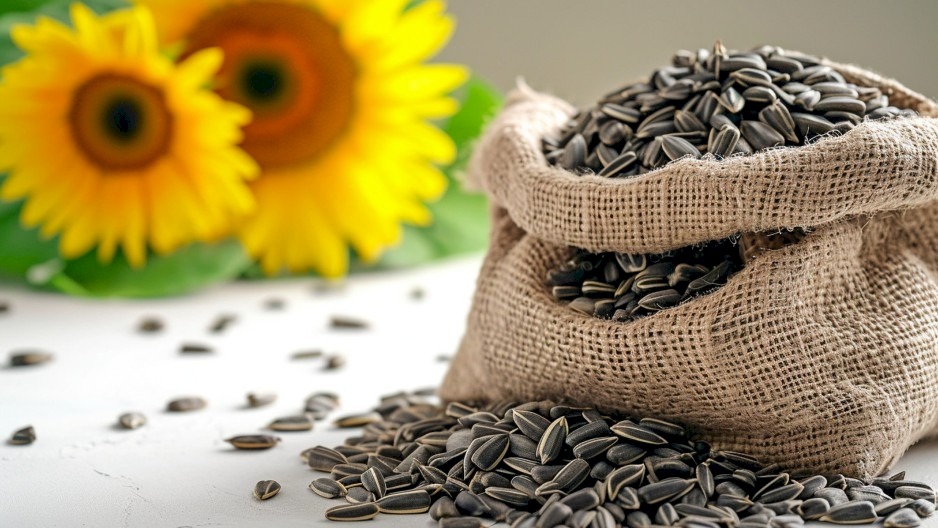No products in the cart.
Blog
Do Sunflower Seeds Go Bad?
Yes, sunflower seeds can go bad over time, especially if not stored properly. However, when stored correctly, they have a relatively long shelf life. Here’s what you need to know about sunflower seeds and how to tell if they’ve gone bad:

Shelf Life of Sunflower Seeds
- Unopened:
- In their original, sealed packaging, sunflower seeds can last up to 12 months in a pantry, depending on whether they are roasted or raw.
- If stored in the refrigerator or freezer, they can last even longer—up to 1 to 2 years.
- Opened:
- Once opened, sunflower seeds should be consumed within 2 to 3 months if stored in a pantry. Storing them in an airtight container in the refrigerator can extend their freshness to 6 to 12 months.
How to Store Sunflower Seeds
- Pantry Storage: If you store sunflower seeds in the pantry, keep them in an airtight container in a cool, dark place to protect them from heat, light, and moisture.
- Refrigeration/Freezing: For longer shelf life, store sunflower seeds in the refrigerator or freezer in an airtight container. This helps prevent rancidity, especially for seeds with higher fat content.
Signs That Sunflower Seeds Have Gone Bad
- Rancid Smell: Sunflower seeds are rich in oils, which can go rancid over time. If the seeds smell off, sour, or like old oil, they have likely spoiled.
- Off Taste: Rancid sunflower seeds will taste bitter or unpleasant. If they taste off, it’s best to discard them.
- Texture Changes: Fresh sunflower seeds should be firm and crunchy. If they feel soft or chewy, they might be past their prime.
- Mold: If you see any signs of mold or discoloration, throw the seeds out.
Conclusion
Sunflower seeds can go bad due to their oil content, but proper storage can significantly extend their shelf life. Always store them in a cool, dry place or in the fridge for longer freshness. If they smell, taste, or look off, it’s be
